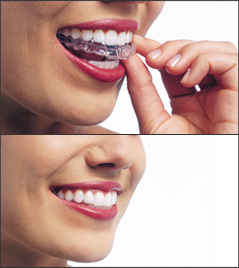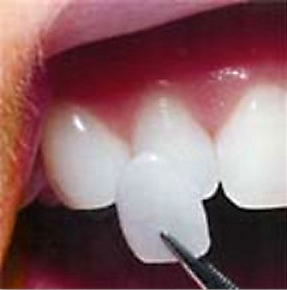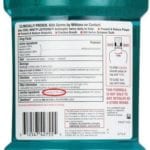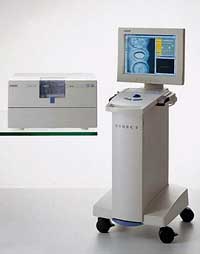I have worn teeth because of teeth grinding. I didn’t realize I was doing it and my last dentist never mentioned it. However, when I moved I switched dentists because of the location and this dentist pointed out a whole bunch of things I didn’t know about. The grinding makes sense and does explain why my teeth have become more sensitive in recent years. She mentioned that I would need a mouth guard to protect my teeth from nighttime grinding and to repair the teeth, most of them would need crowns. We did the lowers first and it was a bit traumatic for me. I tend to have trouble with change. Plus, I have had some gum inflammation. My dentist wants to finish the procedure, but I am hesitant. My teeth aren’t hurting as much anymore and I miss my old smile. It wasn’t perfect, but it had a quirky nature I enjoyed and fit my personality. Do I really need to finish? Could I just whiten the tops?
Patty
Dear Patty,
I have not seen your case, so it would be tricky to give you a definitive answer, but I can give some general guidelines.
First, change is hard for some. I know. Though in my experience, when a case is done by a skilled cosmetic dentist patients are thrilled when the results are finished and grateful they went through the trouble. It’s a bit like remodeling a house. It’s inconvenient, but when it is done you have the home of your dreams. This leads me to the quirkiness issue.
These are your teeth. If you want quirky in your smile, by golly, your dentist and their ceramist can put it there. In fact, because most patients want a perfect, flawless smile, my guess is they’d be thrilled at the chance to put some character in a smile.
Finally, while you could just whiten the upper teeth, dental ceramics will be harder on your upper teeth than your natural tooth structure was. If you have structural loss from teeth grinding, that would include the upper teeth. I am afraid only doing half the fix will actually make things worse for you in the long run.
This blog is brought to you by Lafayette, LA Dentist Drs. Foreman and Thimmesch.




 Most mouthwashes are fine to use with your dental implants. The ones to watch out for containing alcohol. Listerine is the biggest culprit. It can contain up to 21% alcohol. If you avoid that ingredient, you should be fine and there are plenty of brands to choose from. Crest Pro-Health and Breath-Rx are two alcohol-free brands. Many dental offices even sell it in-office.
Most mouthwashes are fine to use with your dental implants. The ones to watch out for containing alcohol. Listerine is the biggest culprit. It can contain up to 21% alcohol. If you avoid that ingredient, you should be fine and there are plenty of brands to choose from. Crest Pro-Health and Breath-Rx are two alcohol-free brands. Many dental offices even sell it in-office.